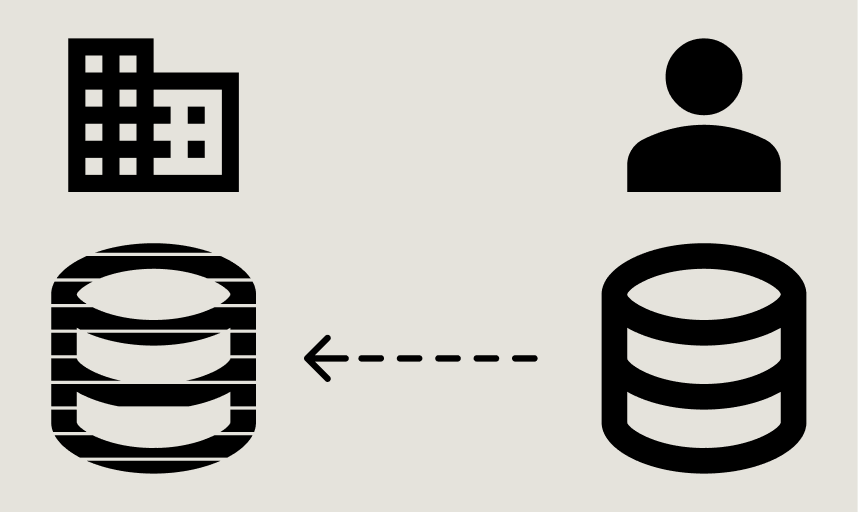UNDERSTANDING THE DIGITAL YOU
How companies are turning data into identity
Researcher & Analyst
Introduction
Purpose
Social media platforms now use the data we generate every day to build digital twins—virtual replicas of individual users that predict behavior and drive engagement.
This project examines how these “digital selves” are reshaping personal identity, challenging long-held ethical norms, and forcing society to confront who really owns our data.
Context
1970s
NASA pioneers the first digital twins to simulate Apollo mission conditions
2002
Engineer Michael Grieves reintroduces the idea for manufacturing, as computing power becomes widely available
2020s
Advances in artificial intelligence allow companies to apply the concept to people, creating data-driven models of individual users
Understanding
How it Works
Because major tech firms reveal little about their proprietary methods, I studied Y Social, an Italian research project that built an LLM-powered digital twin to model social media behavior. Their framework offers a rare window into how these systems operate:
-
Stores simulation data and defines the objectives for AI agents
-
Functions as the “brain,” enabling agents to interact with real users, craft posts, and learn from responses
-
Assigns each agent a distinct personality, shaping its decisions and online actions
Digital Twins & Social Media
The Future…
For social platforms, the product is not the app; it’s the user.
By modeling people as digital twins, companies can predict what will keep you scrolling and tailor advertising or content in real time.
This practice raises profound questions: when a company’s model of you can influence your behavior, who controls your identity?
Legal Frameworks
Current law draws a blurry line: you own your raw data, but platforms own the predictive models derived from it—just as credit bureaus own your credit score.
The Future of Data Ownership
1.
2.
3.
To understand where this might lead, I interviewed a Georgia State University professor of Data Science. Three possible paths emerged:
Company-owned digital twins (the status quo)
Digital profiles treated like medical records, protected and individually controlled
Co-owned models shaped by new legal frameworks
Who Will Own You?
As of now and in the near future, companies owning our digital twins are here to stay. However, recent work on data cooperatives shows real momentum toward outcome #3: shared ownership and governance of personal data. For instance, the paper “Data Cooperatives: Democratic Models for Ethical Data Stewardship” describes how individuals can collectively own, govern, and benefit from their data under cooperative principles.
Legislatively, the EU’s Data Act is a concrete example pushing in that direction: it grants users rights to access the data generated by connected devices and mandates that firms share that data under fair terms, disrupting exclusive control by companies.


